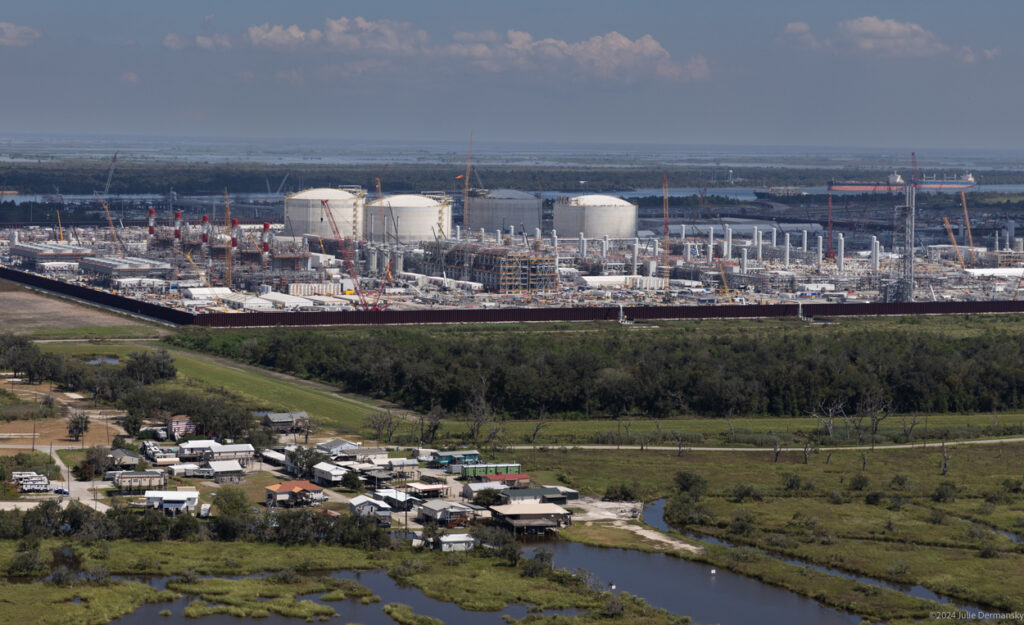Barely a week before scientists from 113 countries issued the long-awaited IPCC report; Exxon Mobil Corp. of Texas announced its record windfall to a storm of protest and accusations of using those profits to fund a campaign denying climate change and protesting efforts to reduce petroleum consumption.
In addition to Exxon, Royal Dutch Shell PLC, an Anglo-Dutch company, and US-run ConocoPhillips Co., Marathon Oil and Valero Energy also have posted best-ever annual results.
In a year of rising global temperatures and record gasoline prices, combined profits at the five companies totaled $91.1 billion.
The 21-page IPCC report, meanwhile, has blamed man-made emissions of greenhouse gases for fewer cold days, hotter nights, killer heat waves, floods and heavy rains, devastating droughts, and an increase in hurricane and tropical storm strength – particularly in the Atlantic Ocean.
Subscribe to our newsletter
Stay up to date with DeSmog news and alerts






